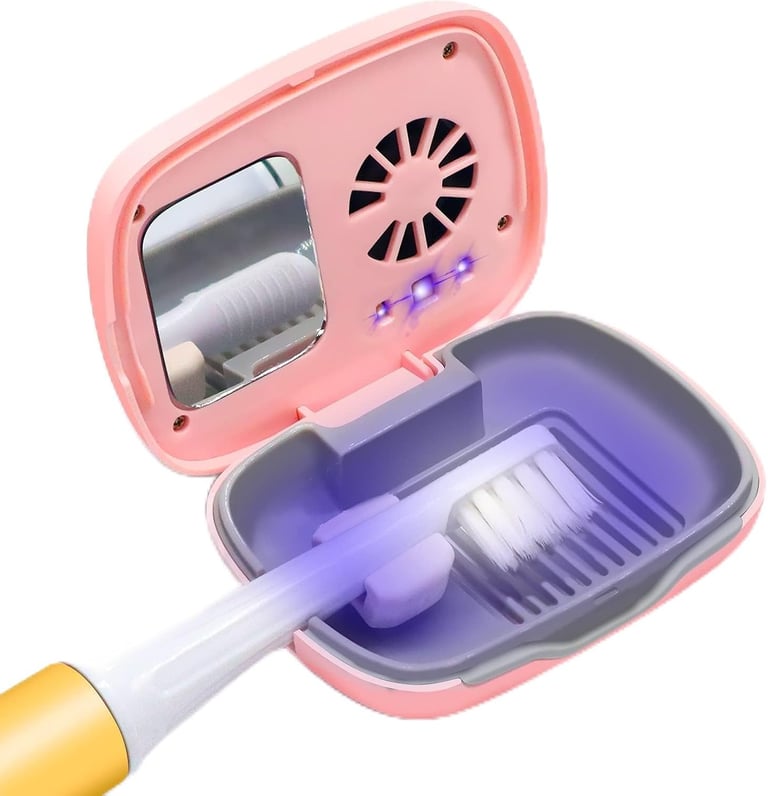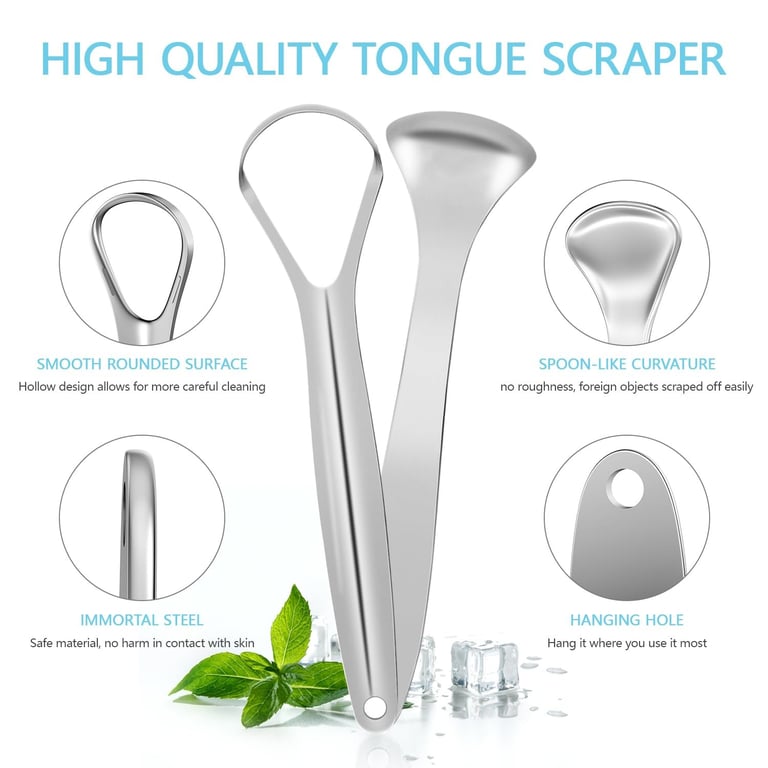Understanding bad breath halitosis: Causes and Cure for Bad Breath
Halotosis cure at home
DENTALWELLNESS


Bad breath, also known as halitosis, is more than an awkward social issue — it’s often a sign of deeper health concerns. While it might feel like a minor embarrassment, chronic bad breath halitosis can be a major health crisis. Unfortunately, it’s also the kind that friends and family often can’t (or won’t) tell you about directly.
Terrible breath can present in different ‘scents’ — fishy, rotten egg, cheesy, fruity — each one potentially pointing to different halitosis causes. Think of the mouth as a mirror to the body: often, breath from mouth reflects what’s going on systemically.
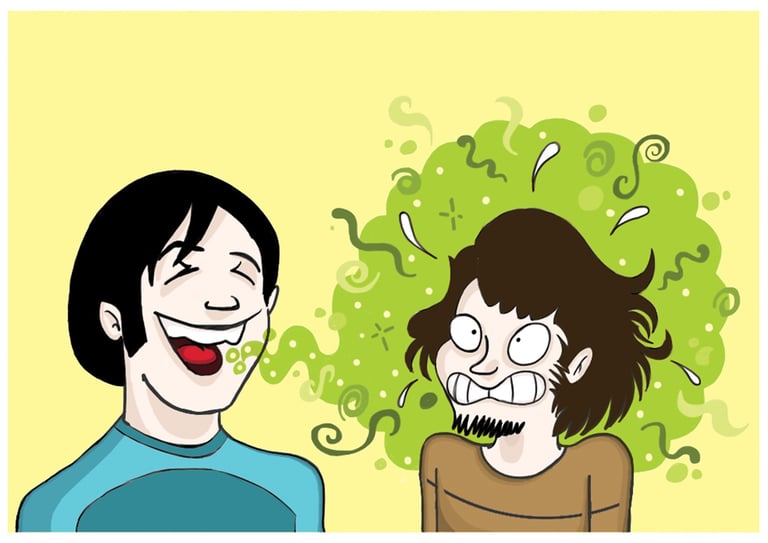

Causes of Bad Breath: Intrinsic vs. Extrinsic
Bad breath causes can be classified broadly into intrinsic (internal, systemic) and extrinsic (external, often lifestyle-related) factors.
Extrinsic Causes of Bad Breath
These are mostly related to habits and external exposures:
Food choices: Certain foods — especially sulfur-containing ones — can linger in the mouth and produce smelly breath. Common culprits include garlic, raw onions, cheese, locust beans, fish, alcohol, coffee, and even some dairy products.
Poor oral hygiene: Skipping brushing or doing it improperly leads to decay of food remnants and horrible breath.
Dry mouth (xerostomia): Often caused by dehydration, medications, or breathing through the mouth. Less saliva means less natural cleansing.
Dirty dentures: When not properly cleaned, dentures harbor odor-producing bacteria.
Gum disease: Infection, pus, or bleeding gums are often behind foul halitosis breath.
Smoker’s breath: Tobacco dries the mouth and introduces strong-smelling chemicals.
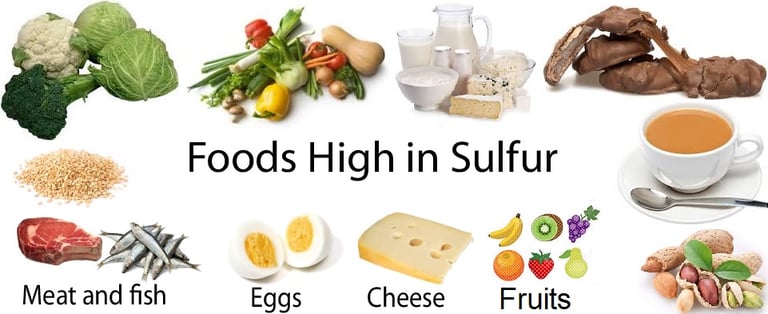

Infographic from: https://change-links.org/top-sulfur-rich-foods-and-why-you-need-them/
Intrinsic Causes of Halitosis
These are internal health-related reasons for bad breath:
Infections in the throat, tonsils, sinuses, or nose often produce a cheesy odor.
Kidney disease can result in a fishy-smelling breath.
Lung diseases (e.g., asthma, TB, cancer) can create acidic-smelling halitosis.
Liver failure sometimes leads to a sweet, musty breath.
Uncontrolled diabetes may give off a fruity or nail polish-like odor.
Menstruation can trigger a “mausey” breath, due to hormonal shifts and reduced saliva.
Psychogenic halitosis — where the person perceives bad breath despite there being no physical cause. This could stem from stress, anxiety, or trauma.
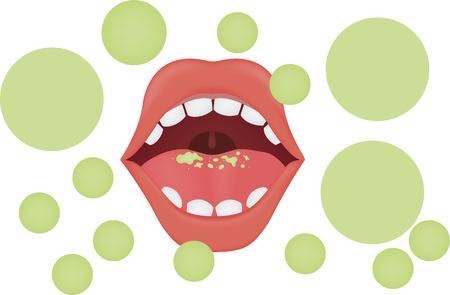

Halitosis Cure: Remedies and Preventive Measures
The most effective halitosis cure starts with identifying the underlying cause. Here are practical steps and mouth odor remedies that can help combat both intrinsic and extrinsic causes:
Visit a dentist regularly for checkups, scaling, and polishing.
Stay hydrated: Drink at least 2 liters of water daily to stimulate saliva production.
Brush twice daily for at least 2 minutes, and floss to remove food debris.
Use a tongue scraper to remove bacteria and debris from the tongue.


Rinse with mouthwash for bad breath 3–4 times a week (alcohol-free options are gentler).
Chew sugar-free gum or mint leaves to freshen breath and boost saliva flow.
Eat fibrous fruits like apples or pears, which naturally cleanse the mouth.
Drink water after meals and consider swishing to dislodge stuck particles.




Try natural remedies like a tablespoon of apple cider vinegar in warm water to balance oral pH and support digestion.
Be mindful of medications (like antihistamines, blood pressure meds, and painkillers) that may reduce saliva or cause distinct odors.
Check for dental cavities or holes that trap food and foster bacterial growth.
Watch out for a coated tongue — a white or yellowish layer may signal infection.
Whether it’s caused by what you eat, how you clean your mouth, or a deeper medical issue, terrible breath shouldn’t be ignored. It may start as a subtle scent, but it can be a clue to something more serious.
Addressing bad breath halitosis means more than masking the odor — it requires understanding the halitosis causes and adopting lasting mouth odor remedies. With the right care, attention, and professional guidance, fresher breath and better health are absolutely possible.

